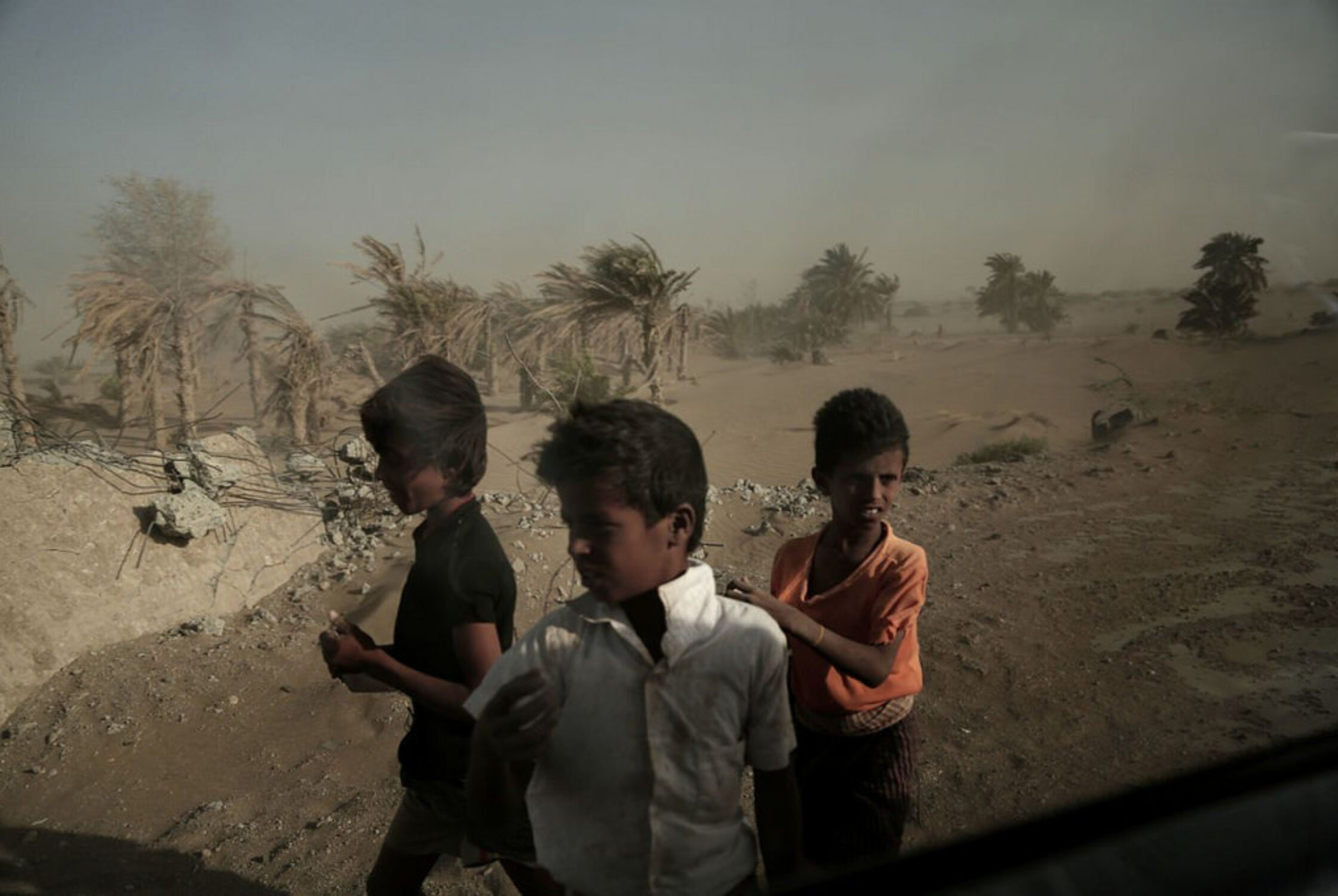Axios: Yemen Peace Talk Odds Helped by Pressure on Saudis and Support at UN

This piece originally appeared in Axios.
A senior Houthi leader announced last night that the rebel fighters would halt military operations against the Saudi-led coalition. Hours later, Yemen’s internationally recognized government signaled that it’s ready to take part in peace talks. And this afternoon, the UN Security Council took up a draft resolution to support the talks.
Why it matters: Yemen’s civil war has cost the lives of as many as 10,000 civilians and created the worst humanitarian disaster in the world. It has also become a flash point for conflict between Saudi Arabia and Iran that threatens regional stability.
Details: The UNSC resolution also calls for emergency measures to stave off the massive famine in Yemen, including:
A cease fire in the port city of Hodeidah, the gateway for food and other relief
A two-week deadline for parties to remove all obstacles to humanitarian aid
A rapid injection of donations into the Central Bank of Yemen to allow for pensioners and civil servants to be paid
Where it stands: While it is too early for optimism, external pressure may be creating an opportunity to end the war.
Last week, the Saudi-led coalition slowed its offensive into Hodeidah in response to the U.S. decision to cut off aerial refueling for the Saudi bombing campaign. This paved the way for the Houthi cessation of missile attacks and, in turn, for the parties to enter talks.
The U.K.’s foreign secretary is now in Iran — the Houthi’s foreign patron — in a bid to secure Tehran’s support for the UN peace process.
What’s needed: Outside pressure will also be essential for making progress on the humanitarian front.
If the draft UN resolution passes and the parties comply with its terms, it may yet be possible to stave off the worst of the massive famine that threatens to engulf up to 14 million Yemenis. But military operations in Hodeida must cease and humanitarians will need full access to the port city.
The bottom line: The Trump administration must be ready to rachet up pressure for compliance, perhaps by threatening to withhold intelligence and logistical support for coalition forces. They have so far resisted these steps, but bipartisan congressional pressure had already been building and has spiked since the murder of Saudi journalist Jamal Khashoggi.